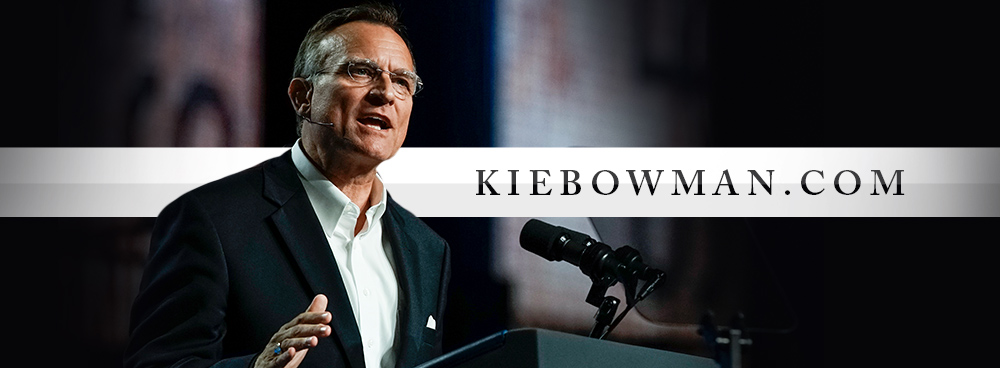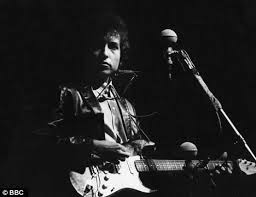 I once heard a preacher say, “A conviction is not a belief you hold, a conviction is a belief that holds you!” How true. In some ways our culture is dividing itself into politically polarized camps of people with extreme views on almost every issue with an unwillingness to bend. In another, and perhaps broader and more heavily populated corner of culture, however, Americans seem uncertain and unclear about things that only a few years ago were held as unquestioned assumptions by the majority.
I once heard a preacher say, “A conviction is not a belief you hold, a conviction is a belief that holds you!” How true. In some ways our culture is dividing itself into politically polarized camps of people with extreme views on almost every issue with an unwillingness to bend. In another, and perhaps broader and more heavily populated corner of culture, however, Americans seem uncertain and unclear about things that only a few years ago were held as unquestioned assumptions by the majority.
For Christians, the pressure to moderate our unique views, which we believe are taken from Scripture, is constant. The none too subtle message today seems to be “go along to get along.” For newer believers, it often appears to be social or career suicide to hold onto biblical convictions too tightly, because the times are rapidly changing and those who hold to opposing views are more readily outspoken than ever before.
Yet, the pressure to conform is nothing new and only serves to highlight why we need convictions in the first place. Without them, we tend to drift, and when we do, we can lose the moral high ground of a distinctly Christian worldview. That’s a costly loss for the Christian and for culture. Deliberately choosing to mute our own perspective, no matter how unpopular, in order to blend into the popular trends of the moment, will rarely benefit anyone for long. After all, it is assumed that we will almost always be on the opposite side of the debate in a non-Christian world. No wonder Paul advised the Corinthian Christians, in the midst of their clear minority status, to be “…steadfast, immovable, always abounding in the work of the Lord, knowing that in the Lord your labor is not in vain” (I Corinthians 15:58). In other words, it eventually pays off to take the right stand.
A glance at the most current headlines illustrates the point that while it is often costly in the short run to stand on conviction, it could turn out to be rewarded in the long run.
For instance, when Bob Dylan decided in 1965 to use electric instruments at a Folk Festival he was nearly booed off the stage. One festival organizer, Pete Seeger, even threatened to use an ax to chop up the cable leading to Dylan’s amplifiers! The folk music purists there that day, and at subsequent concerts, shouted their displeasure and hurled insults like “traitor” and “Judas.” Footage from those concerts is brutal to watch. Yet, Dylan was undeterred. At one point, as fans in England turned on him for playing an electric guitar, Dylan shouted back, “I don’t believe you!” The certainty in his own mind that he was doing the right thing convinced him, apparently, that the angry fans were not being honest with themselves when they booed and demanded he stop. So he continued to play his electric guitar.
And that electric guitar- a 1964 Fender Stratocaster- serves to illustrate how remarkably rewarding standing by one’s convictions can be. Last Friday, December 6, 2013 Dylan’s Stratocaster, the very one he first played, which was once heckled and reviled, sold for almost $1 million dollars at an Auction in New York. Bob Dylan was widely criticized for his conviction years ago to play that guitar. Today, that insistent (and perhaps stubborn) refusal to back down, along with the Stratocaster itself, is part of Rock music legend, and his decision to “go electric,” according to Rolling Stone Magazine, is one of the most notable events in music history.
Your convictions probably won’t garner so much attention, but if history proves anything it is that convictions have a way of turning opponents into supporters, and the things we pay a price to believe today may be rewarded tomorrow! So hang in there when you are doing the right thing regardless of the apparent unpopularity of the moment. After all, “the times, they are a changing,” but you can remain steadfast in your convictions!
-jkb


For myself as a pastor, the real challenge is not always standing against what the world is saying, but standing against what the church has said that God has said. The lines that are drawn between our Christian faith and the world have been blurred as much by the church in some areas as by the world. I am in total agreement with your thoughts here Pastor, and I also remember that it was the “church” that killed The King. Standing for the truth may also be standing against some things that we have always been taught and that is what is hardest.